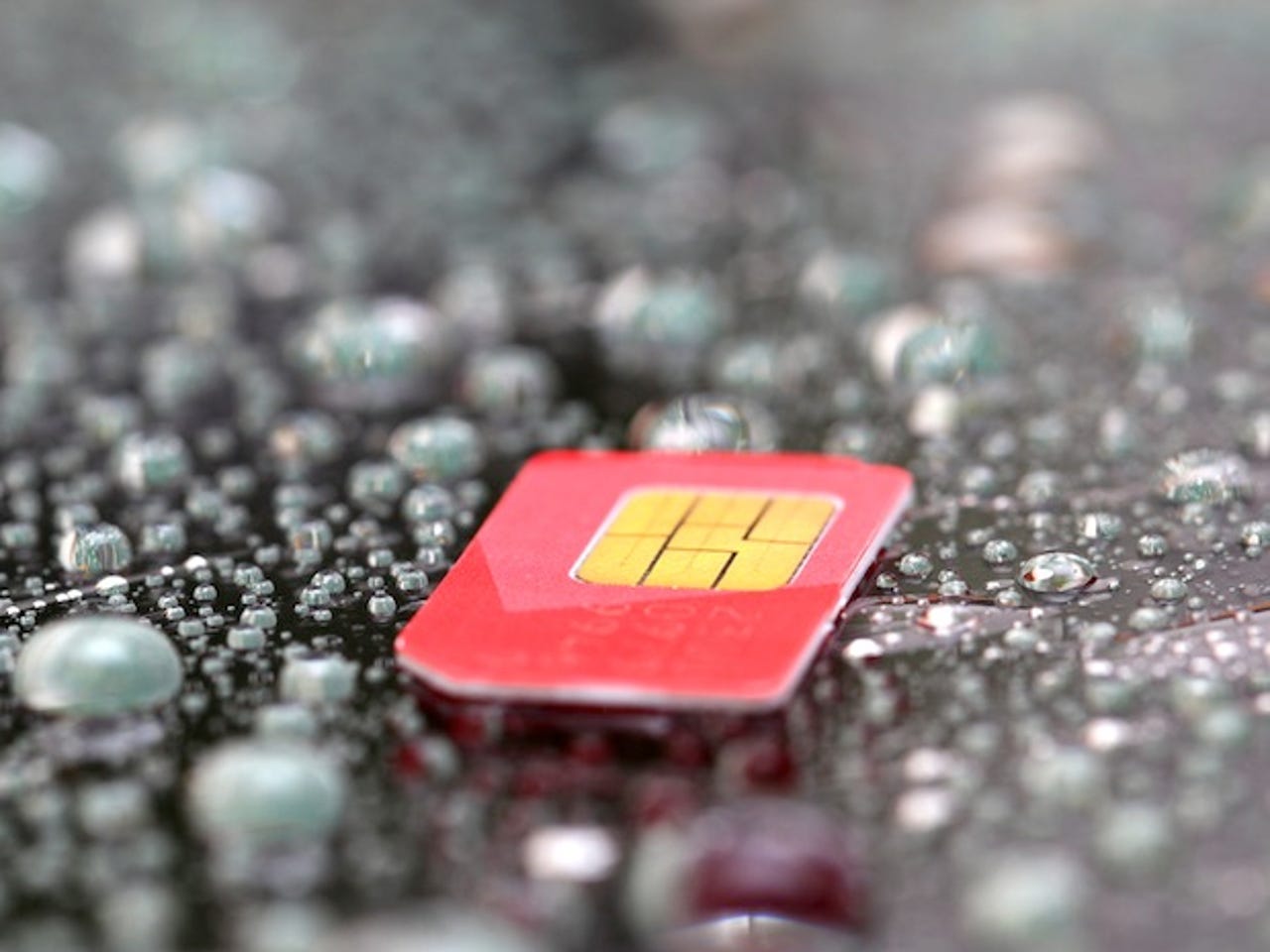Answering the call of the un-phoned: Can an African virtual SIM gamble pay off?


If there's one African success story everybody loves, it's that of mobile phones sweeping through the continent, forever transforming the lives of city dwellers and villagers alike. But a new move by Bharti Airtel is a stark reminder that until now, roughly 30 percent of Africans have been out of reach for telecom providers because they simply don't have phones.
Read this
Through a group-wide framework agreement with the UK-based Movirtu, announced in June, Airtel is hoping to overcome the handset barrier once and for all. "We lower the hurdle to jump on the mobile communications bandwagon," said Carsten Brinkschulte, Movirtu's CEO.
An Airtel 'virtual SIM card' allows the so-called 'un-phoned' to access their own personal number on any Airtel-connected handset, make calls using their own credit, and receive calls and messages that only they can access.
The technology is called Movirtu Share, and it also enables users to put multiple numbers on the same phone. Consumers can already do this with multi-SIM handsets, but the virtual SIM eliminates the need for an extra card.
Airtel's agreement with Movirtu allows it to use both applications in all its Africa subsidiaries, and although the virtual SIM has only gone live so far in Madagascar and the Democratic Republic of Congo (DRC), Willie Ellis, director of products and innovation at Airtel Group, said in a statement that the company was planning to roll it out in other countries as well.
"Working with Movirtu in Madagascar proved to us that there is a strong appetite amongst people who currently do not own a mobile phone for a low-cost, secure service that keeps them connected," Ellis said. "Because Movirtu's underlying virtual SIM technology makes it easy for us to dynamically attach/detach numbers to different handsets, we have the option of launching additional services in the future."
Both companies say the numbers so far have been promising. "We're very happy with the takeup," Brinkschulte said. According to the company's statistics, 800 new virtual SIM subscribers are added in the DRC every week, although a countrywide rollout won't be complete until the end of August. The un-phoned population in the country, Movirtu said, is more than 72 percent.
The move highlights how competitive Africa's telecom market has become. "It's part of the battles to establish a foothold in those low-income groups, anticipating that with time, disposable income will grow," said Dobek Pater, telecommunications and market analyst at the research firm Africa Analysis.
"These bottom-of-the-pyramid types of opportunities are something that operators have been looking at. I think it's part of the rush to try and address whatever greenfields growth areas are left in Africa."
The un-phoned are an understandably attractive market, he said, since the cost of reaching them is relatively low. Movirtu's system is essentially just a piece of software loaded onto a phone, thus avoiding the expense of printing SIM cards.
But will a large base of potential users mean big profits? Probably not, Pater said. "It's not going to be the next big thing, certainly not for Airtel."
What the un-phoned really represent, he said, is a fresh start on a continent on which the India telecom giant has had little success to date. "Airtel is trying to tap into greenfields markets where they still think they exist, because in some other markets they find it a bit difficult to compete," Pater said. DRC is one of the company's strongest markets, he said, but in most African countries Airtel is trailing behind its competitors.
The DRC and Madagascar, where the virtual SIM has been introduced, are two of the least developed markets in Airtel's Africa portfolio, and penetration levels are low. The company might have guessed that the problem in these countries was a lack of handsets, Pater said, and that people are more likely to be sharing.
Sharing handsets is particularly common in families, and Airtel is hoping children will get virtual SIM cards to use on the family phone, Brinkschulte said. "That means that Airtel will have captured that market quite early, before any competitor can do it," he said. This would become particularly valuable if they later convert the number to a physical SIM card when they buy their own phones.
But Pater said that phone numbers in the African market are not as sticky as the company is hoping, and brand loyalty is practically non-existent. "Especially when you play at the lower end of the market, you probably need to compete on price," he said. "If you're not the cheapest, they'll dump your Airtel SIM card and pick up another SIM card."
Another problem, Pater said, is that the un-phoned are not as untapped a market as Airtel might think, because people without their own handsets already find ways to connect to mobile networks.
"You find in many village environments, as long as they have coverage, individuals with phones make those phones available to others," he said. In other words, a handset isn't a major barrier to entering the world of telecommunications.
Along with price, another major concern for consumers is network coverage, which can be spotty to non-existent in rural areas and even certain urban neighbourhoods. In order for Airtel to conquer the un-phoned market it will have to ensure that its coverage is at least as good as that of its competitors, Pater said. Otherwise, a virtual SIM card will be of little use.
Nor is this likely to remain a greenfields market for long. In terms of ARPU (average revenue per user) there is relatively little to be gained from the un-phoned, Pater said, and until now operators had calculated that the cost of a SIM card alone made it unprofitable to target them.
But the virtual SIM solution is inexpensive enough that this may soon change. Movirtu says other operators have been eyeing their technology as well — Airtel is simply the first to take it live.
Once more operators start offering virtual SIM cards, the crucial factor for consumers will once again be price, Pater said. At that point, Airtel's advantage may be lost forever.